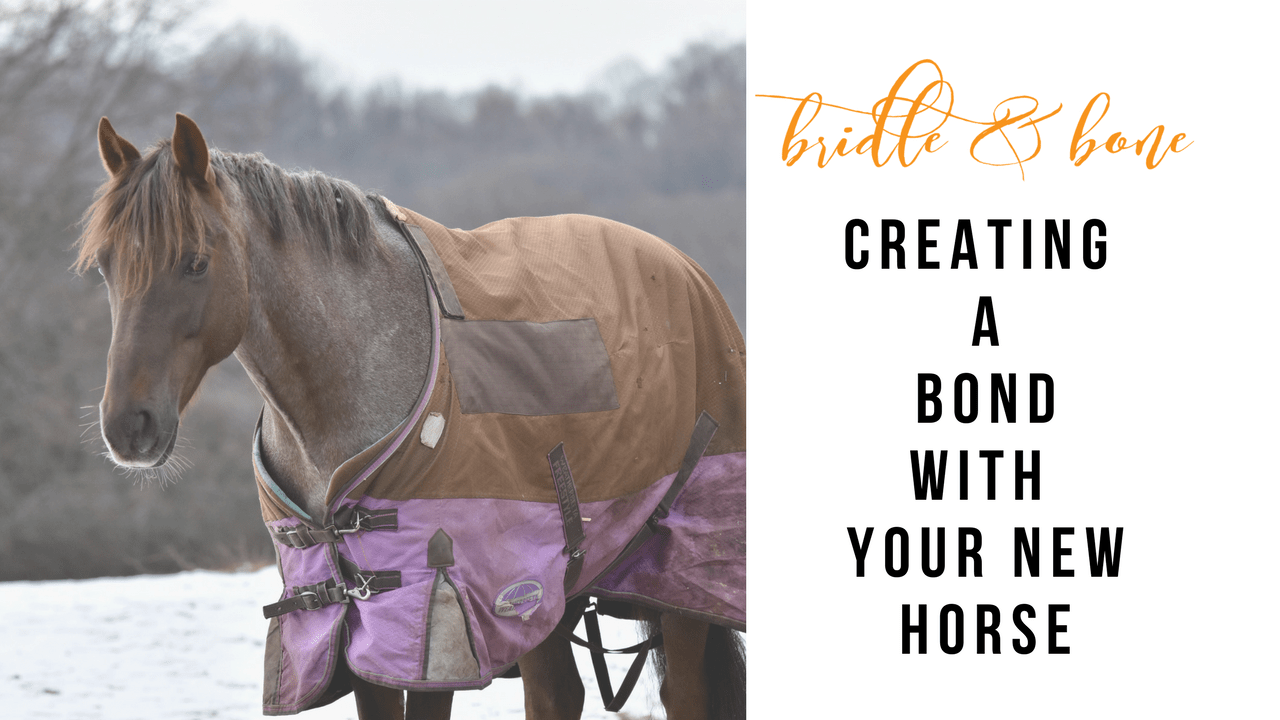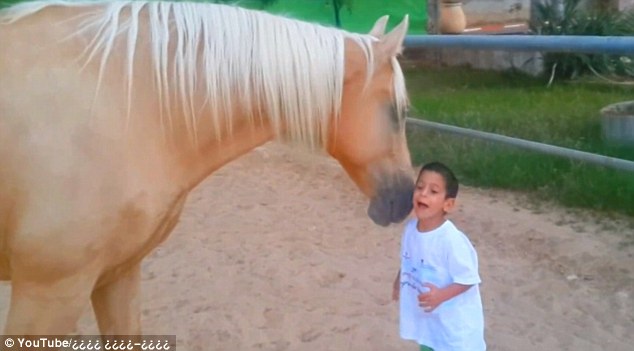The Horse and Child Bond: A Special Connection

The relationship between horses and children is a unique and profound connection that goes beyond simple companionship. This bond can have significant emotional, developmental, and therapeutic benefits for children, fostering growth, confidence, and empathy.
Emotional Connection
Horses are highly sensitive animals that can respond to human emotions, making them exceptional companions for children. This emotional attunement helps children feel understood and supported, which can be especially beneficial for those who struggle with communication or social interaction.
Developmental Benefits
Interacting with horses encourages responsibility, patience, and discipline in children. Caring for a horse requires routine tasks such as feeding, grooming, and exercising, which teach children valuable life skills and promote a sense of accomplishment.
Therapeutic Impact
Equine-assisted therapy is a growing field that uses horses to help children with physical, emotional, or cognitive challenges. The rhythmic movement of riding and the calming presence of horses can improve balance, coordination, and emotional regulation.
Building Trust and Confidence
The process of bonding with a horse requires trust and mutual respect. As children learn to communicate and work with their equine partners, they develop self-confidence and a deeper understanding of non-verbal cues.
Practical Tips for Fostering the Bond
- Consistent Interaction: Regular time spent with horses strengthens the relationship.
- Supervised Care: Adult guidance ensures safety and proper handling.
- Positive Reinforcement: Encouraging gentle and respectful behavior towards horses.
Table: Benefits of the Horse-Child Bond
| Benefit Category | Description | Examples |
|---|---|---|
| Emotional | Enhances empathy and emotional awareness | Feeling understood by the horse |
| Developmental | Teaches responsibility and patience | Daily grooming routines |
| Therapeutic | Supports physical and emotional healing | Equine-assisted therapy sessions |
| Confidence Building | Boosts self-esteem through trust and achievement | Learning to ride independently |
Frequently Asked Questions (FAQ)
Q1: How do horses understand children’s emotions?
A1: Horses are highly perceptive and can pick up on subtle body language and emotional cues, responding in ways that reflect the child’s feelings.
Q2: Can any child benefit from interacting with horses?
A2: While many children benefit, those with specific needs such as autism, anxiety, or physical disabilities often experience significant improvements through equine interaction.
Q3: What safety measures should be taken when children are around horses?
A3: Always ensure adult supervision, use appropriate safety gear like helmets, and teach children how to approach and handle horses calmly and respectfully.
Q4: How often should children spend time with horses to build a strong bond?
A4: Consistency is key; regular, scheduled interactions help deepen the connection and trust between child and horse.
This expanded content provides a comprehensive overview suitable for a detailed blog article, incorporating SEO-friendly elements and structured formatting to engage readers effectively.
